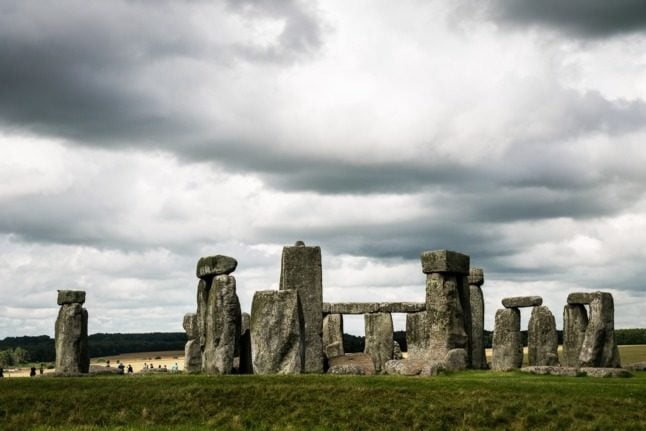A major migration into Britain from continental Europe, likely from France, about 3,000 years ago could explain a difference
in ancestry between the island’s northern and southern populations.
The findings published in Nature Wednesday come from the largest ever analysis of ancient DNA and may also help shed light on how Celtic languages spread into the British Isles.
According to previous research, people living across Britain some 4,500 years ago shared similar ancestry.
But today that has changed with southern residents showing more genetic similarities to an ancient population known as early European farmers.
To figure out why, Harvard geneticist David Reich and his team in the US sequenced ancient DNA samples from across England and much of continental Europe from a time spanning BC 1500 to 43 AD.
The resulting timeline shows in influx of migrants between 3,300 to 2,800 years ago whose genetic material most closely resembled ancient samples from France.
Reich told AFP one of the most exciting things about the study is the number and geographic diversity of ancient DNA covered.
With genomes from nearly 800 individuals, the study is the largest in ancient DNA ever carried out and lists over 220 authors.
The migration finding may also support a recent theory that Celtic languages came to Britain around the same time.
Reich said similarities between names of geographic features in southern England and France also seem to point to France as an origin for the spread.
Archaeologist Ian Armit of the University of York led the collection of samples, which consisted of bones from archaeological sites, museums and DNA labs across Britain and in Europe.
“The collection of data took many years and involved a huge number of people,” Armit told AFP.
He said recent revolutionary advances in ancient DNA analysis are a boon to the field of archaeology, allowing not only a better picture of vast population changes but shedding light on ancient family dynamics.
“We’re noticing family relationships in individual cemeteries so we can start to look at how kinship is reflected in buried populations,” he said.



 Please whitelist us to continue reading.
Please whitelist us to continue reading.
Might explain all the Remainers in Southern England
@Alan stuart, Scotland was mostly remain
Read the original article in the New York Times, “3,000 Years Ago, Britain Got Half Its Genes From … France?“. There you will see that both the French farmers and the British ones, thousands of years ago, were all descended from a group of herd keeping steppe inhabitants living in the Ukraine. Those people spread both eastward towards Persia and westward to West-Europe, notably France and Iberia and from there to the British islands. Whether we like it or not, we are all cousins, and mongrels.